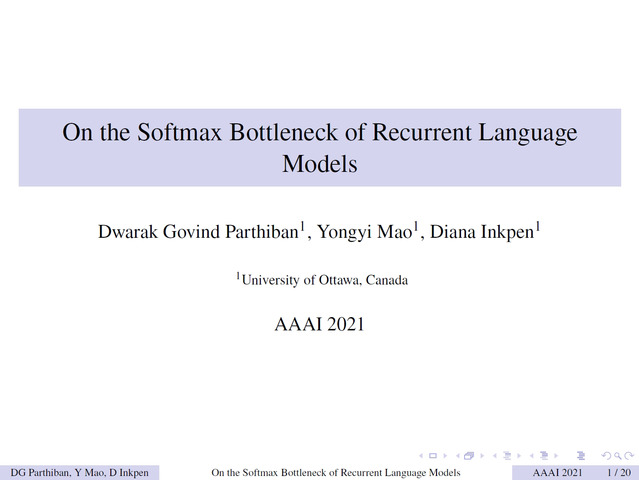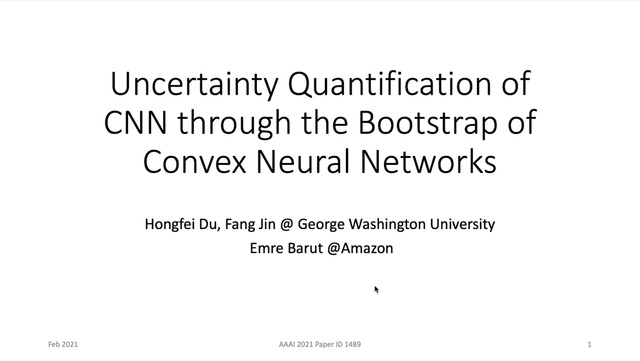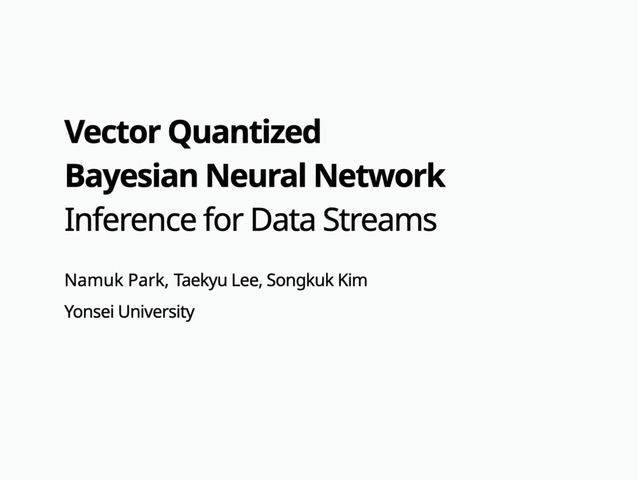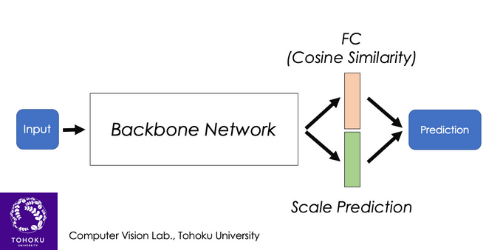Abstract:
Contemporary wisdom based on empirical studies suggests that standard recurrent neural networks (RNNs) do not perform well on tasks requiring long-term memory. However, RNNs' poor ability to capture long-term dependencies has not been fully understood. This paper provides a rigorous explanation of this property in the special case of linear RNNs. Although this work is limited to linear RNNs, even these systems have traditionally been difficult to analyze due to their non-linear parameterization. Using recently-developed kernel regime analysis, our main result shows that as the number of hidden units goes to infinity, linear RNNs learned from random initializations are functionally equivalent to a certain weighted 1D-convolutional network. Importantly, the weightings in the equivalent model cause an implicit bias to elements with smaller time lags in the convolution, and hence shorter memory. The degree of this bias depends on the variance of the transition matrix at initialization and is related to the classic exploding and vanishing gradients problem. The theory is validated with both synthetic and real data experiments.









































